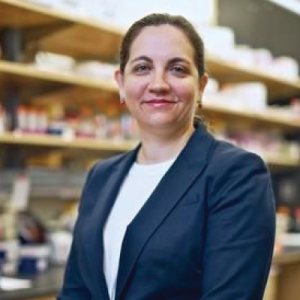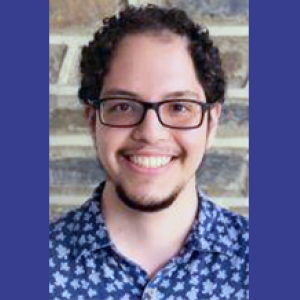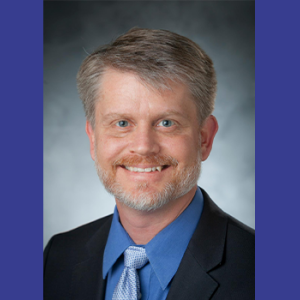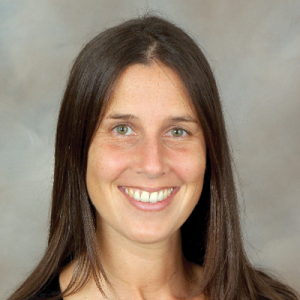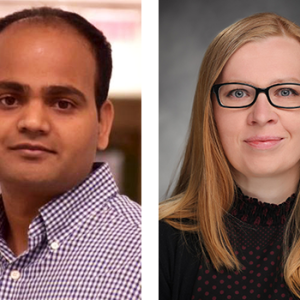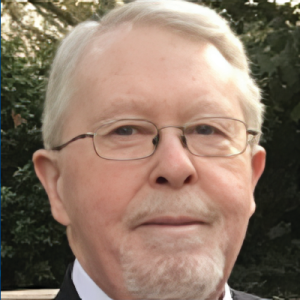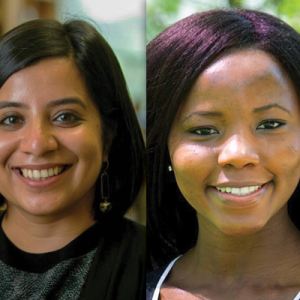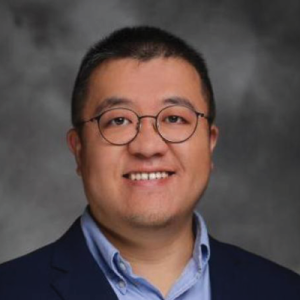Mooney Among 5 Duke Faculty Elected to National Academy of Sciences
Two School of Medicine faculty were among four Duke faculty members elected to the National Academy of Sciences (NAS) on April 30 in recognition of their distinguished and continuing achievements in original research.
New NAS members with appointments in the School of Medicine were:
David Beratan, PhD, R.J. Reynolds Professor of Chemistry, professor of biochemistry, and professor of physics. Beratan is developing theoretical approaches to understand the function of complex molecular and macromolecular systems.
Richard Mooney, PhD, George Barth Geller Distinguished Professor for Research in Neurobiology and professor of cell biology. His broad research goal is to understand the neural mechanisms by which experience guides learning, behavior, and perception.
Research Triangle Universities Team Up to Unravel Cellular Mysteries
Duke University, in collaboration with the University of North Carolina-Chapel Hill and NC State University, has received a three-year, $3 million grant from the Chan Zuckerberg Initiative (CZI) to map and manipulate the unseen complexities of biological networks, with a focus on kinases.
Breakthrough Genetic Sensor Lights up RNA Modifications in Real Time
Researchers at Duke University School of Medicine have unveiled a breakthrough genetic sensor that shines a light on critical changes in our genetic material.
Passing of Joseph Corless, MD, PhD, Associate Professor Emeritus of Cell Biology
Joseph Corless, MD, PhD, Associate Professor Emeritus of Cell Biology and Vice Dean Emeritus for Faculty and Academic Affairs, passed away on September 23, 2023, after a courageous battle with cancer.
Duke Cell Biology's Akankshi Munjal Awarded NIH Grant for High Risk, High Reward Research!
The National Institutes of Health (NIH) has awarded grants to two Duke University School of Medicine faculty members through the NIH Common Fund’s High-Risk, High-Reward (HRHR) Research Program. Akankshi Munjal, PhD, Assistant Professor of Cell Biology; and Samira Musah, PhD, Assistant Professor of Biomedical Engineering, Nephrology, and Cell Biology, will receive $1.5 million over the next two years through the program’s New Innovator Award, which supports unusually innovative research from early career investigators who are within 10 years of their final degree or clinical residency and have not yet received an NIH R01 or equivalent grant.
Cell Biology Faculty Yarui Diao and Team - Muscle Stem Cells: Should I Stay or Should I Go - Exciting research published in Journal of Cell Biology
Muscle injuries are one of the most common types of injuries: from sprains and strains to bruises and lacerations. Our bodies, though, have the remarkable ability to heal from these injuries, thanks to muscle stem cells, which take up residency in our muscles and mostly stay dormant until injury. In the face of an injury, some of the cells spring into action and mature into functional cells to repair the damage, while the remaining muscle stem cells remain immature and replenish the stem cell supply.

